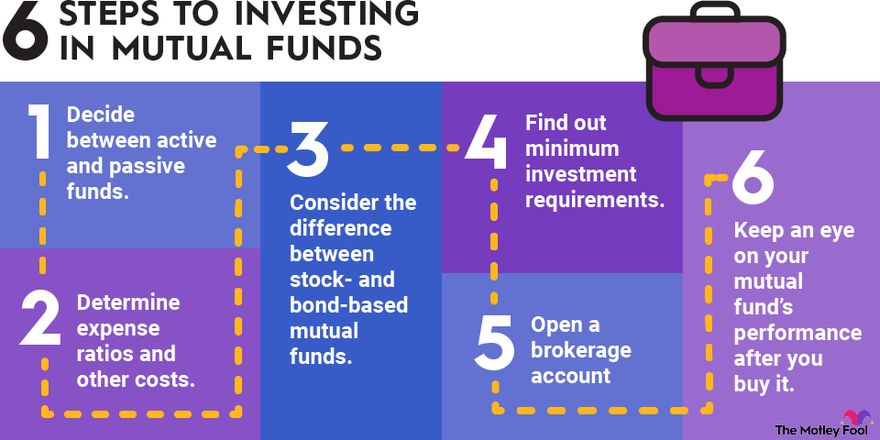What is mutual funds?
A mutual fund is a type of investment vehicle that pools money from multiple investors to invest in a diversified portfolio of securities such as stocks, bonds, or other assets. It is managed by professional fund managers who make investment decisions on behalf of the investors.

Here are some key features of mutual funds:
Diversification: Mutual funds offer diversification by investing in a wide range of securities. This helps spread investment risk across different assets, reducing the impact of individual security performance on the overall portfolio.
Professional Management: Mutual funds are managed by professional fund managers or investment teams who analyze market trends, research securities, and make investment decisions on behalf of the investors. Their expertise is meant to maximize returns and manage risk.
Variety of Investment Options: Mutual funds come in various types and investment strategies. They can focus on different asset classes, sectors, geographic regions, or investment styles. This allows investors to choose funds that align with their investment goals and risk tolerance.
Liquidity: Mutual funds offer liquidity, allowing investors to buy or sell shares on any business day at the fund's net asset value (NAV). This provides flexibility to enter or exit the fund based on individual needs.
Professional Administration: Mutual funds handle administrative tasks such as record-keeping, dividend distributions, and regulatory compliance, relieving investors of these responsibilities.
Transparency: Mutual funds provide regular reports, such as prospectuses and periodic statements, to keep investors informed about the fund's performance, holdings, expenses, and fees.
Costs and Fees: Mutual funds charge fees for management and administrative expenses. These fees vary depending on the fund and can impact overall investment returns. It's important for investors to understand and compare the costs associated with different funds.
Before investing in mutual funds, it's advisable to carefully review the fund's prospectus, which provides detailed information about the fund's investment objectives, strategies, risks, and fees. It's also a good practice to consider one's investment goals, risk tolerance, and time horizon when selecting mutual funds.
Comments
Post a Comment